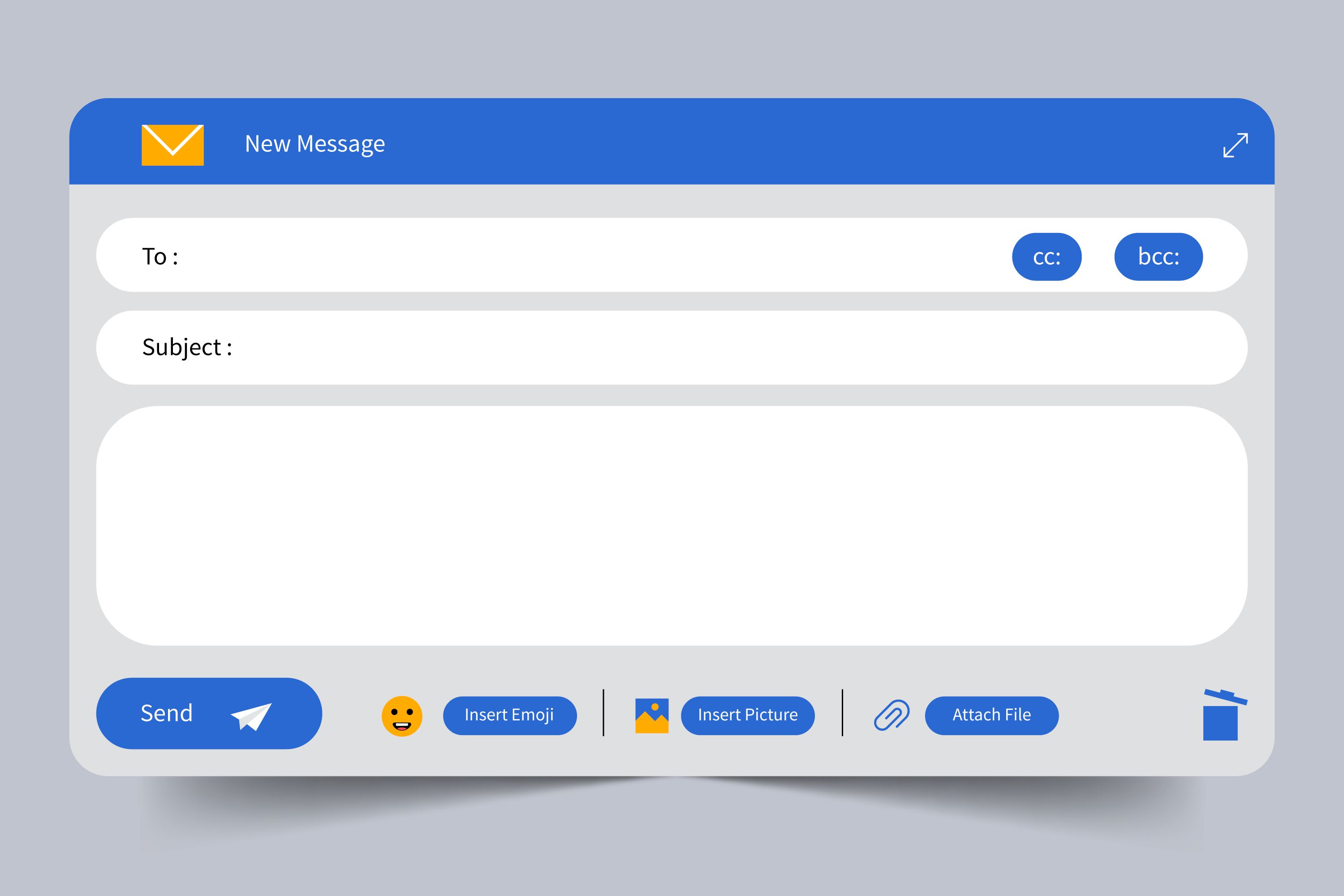
Remote work has undergone a significant transformation over the past decade, becoming a crucial aspect of modern employment. The COVID-19 pandemic accelerated its adoption, making it a standard practice rather than a temporary solution. As we look ahead, it's essential to explore the future of remote work and how it will shape our professional lives.
The global health crisis in 2020 forced businesses to adopt remote work en masse. According to a study by Upwork, over 41.8% of the American workforce was working remotely by the end of 2020. This shift revealed several benefits, such as increased productivity, reduced commuting time, and greater flexibility. However, challenges like communication barriers, feelings of isolation, and maintaining work-life balance also emerged.
Technology has been the backbone of the remote work revolution. Communication tools like Zoom and Slack have made virtual meetings and instant messaging seamless. Collaboration platforms such as Asana and Trello enable teams to manage projects effectively from anywhere in the world. Moreover, advancements in AI and automation are streamlining workflows, making remote work more efficient and productive.
For remote work to succeed in the future, both employers and employees need to adapt. Employers must develop strategies to manage remote teams effectively, such as regular check-ins, clear communication channels, and performance tracking. Employees, on the other hand, need to hone skills like time management, self-discipline, and digital literacy to thrive in a remote work environment.
The future of remote work is likely to be hybrid, combining remote and in-office work. This model offers the best of both worlds, providing flexibility while maintaining face-to-face interactions. As remote work becomes more prevalent, businesses will have access to a global talent pool, allowing them to hire the best candidates regardless of location. Office spaces will evolve into collaborative hubs, used primarily for team meetings and brainstorming sessions.
One of the most significant benefits of future remote work trends is increased flexibility, leading to better work-life balance. Employees can manage their schedules to accommodate personal commitments, reducing stress and improving overall well-being. Additionally, remote work reduces carbon footprints by cutting down on commuting. Businesses can also save on overhead costs such as office rent and utilities.
Despite the numerous benefits, remote work presents several challenges. Cybersecurity remains a top concern, as employees access company data from various locations. To mitigate this, businesses must invest in robust security measures and employee training. Maintaining company culture in a remote setting requires intentional efforts, like virtual team-building activities and regular communication. Addressing burnout and mental health issues involves promoting a healthy work-life balance and providing access to mental health resources.
The future of remote work promises a more flexible, efficient, and inclusive work environment. By embracing technological advancements, adopting hybrid work models, and addressing potential challenges, businesses and employees can thrive in this new era. As we move forward, it's crucial to continue adapting and innovating to fully realize the potential of remote work.





